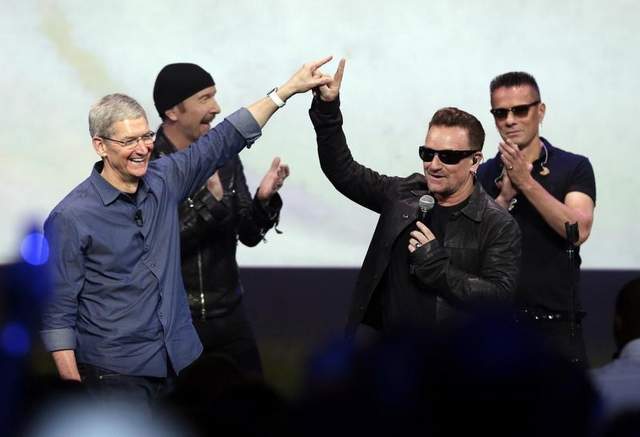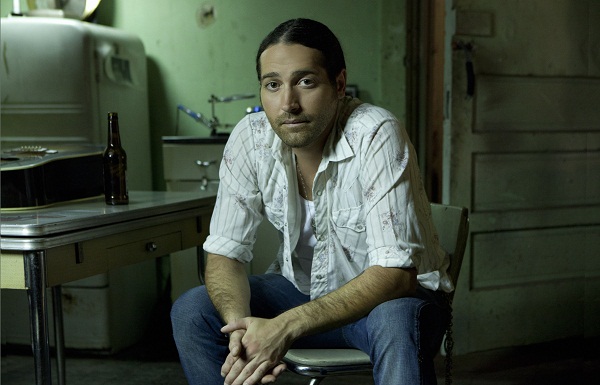
Videos by American Songwriter
This article appears in our upcoming May/June “country” issue. Subscribe here.
At the turn of the ’90s, Music Row had no idea what awesome changes were just around the corner. Having only just suffered the tragic, untimely silencing of the voice of the times, Keith Whitley, the industry was eager for a new standard bearer. Waiting in the wings was a drop-dead handsome, throaty-voiced Texan, with a smile that could charm a rattlesnake – named Clint Black.
Country has a long lineage of singer-songwriters. Jimmie Rogers, Hank Williams, Roger Miller, Merle Haggard, Loretta Lynn, Alan Jackson, Toby Keith, Miranda Lambert, to name a few. Each of these icons seized the public’s attention – as all great recording artists do – by penning and performing finely crafted songs that exhibit bold, individual points of view. These writer-performers share another quality, too: the wisdom and humility to identify a great outside song and record it.
Kicking off 1990 with a three-week number-one, young Master Black lost no time proving that he was a cat of a different stripe. He showed no interest whatsoever in listening to publishers’ pitches and – perhaps of even greater offense – he insisted on exporting his recording budgets back home to the Lonestar State. Despite this overt snubbing of Music City, the Texan’s star rose. But it would only go so high for so long.
There was another cowboy hat in the ring, worn by a guy from Oklahoma, with a college degree in – of all things! – marketing. Under that brim, Garth Brooks was concocting some pretty crazy ideas: about performing country-music concerts in arenas – on a KISS-scale! Like Black, Brooks wielded some genuine acumen for attaching words to music. He’d already co-written his first number one – 1989’s “If Tomorrow Never Comes” – with Kent Blazy. Unlike his rival, however, the Oklahoman intuited that, while his indefatigable spunk and personal charisma would provide an endless source of jet fuel, the rockets that would blast him to stardom were the songs – regardless of who was credited for writing them.
Wisely, while he kept on a’writin’, Garth sought out vehicles for his plan of world domination, unearthing such classics as “The River,” “Friends In Low Places,” and “The Dance.” While Brooks was conquering the globe, Black was releasing a series of curiously convoluted originals, steadily losing his audience to fresh hitmakers like Joe Diffie, Brooks and Dunn, and Tim McGraw.
Taking a lesson from the bleachers was a youthful song plugger with ambitions of breaking in as a producer. “Hey, we live in Nashville, Tennessee,” Michael Knox still touts. “The best songwriters in the world live here. If an artist doesn’t take advantage of that, they’re selling themselves short.”
As young Knox worked his way up through the publishing ranks, he also learned the producer’s craft. Tens of thousands of compositions were being panned from streams of pure imagination, he noted, while only a few nuggets were being recognized as anything but fools’ gold. Knox knew all to well how many un-cut diamonds lingered in them thar publishin’ vaults. All the hit-producer-to-be needed was the perfect voice to shine those gems up and put ’em in the spotlight. He heard that voice at an Atlanta talent showcase in 1998.
Jason Aldean’s tenure on the staff of Warner Chappell Music played out an all-too-familiar scenario. Under Knox, Aldean wrote songs, cut demos, performed showcases, garnered interest, and signed two record deals that went nowhere. Then, finding himself dropped by both publisher and label, Aldean decided to give it six more months, before bidding Music City “adios.” At yet one more Wildhorse showcase, the major label failed to show. Reps from indie Broken Bow Records, however, did. As they say, the rest is history.









Leave a Reply
Only members can comment. Become a member. Already a member? Log in.